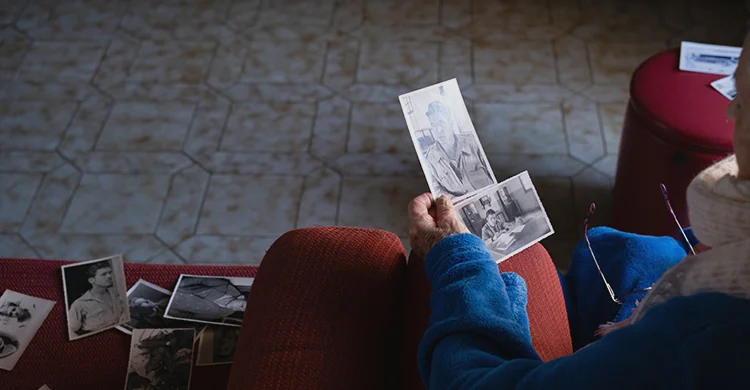Things to Remember
Grand World Elder Care dealing with memory problems.
As we grow old, it gets more and more difficult to remember things. Memory loss as we age is common. Losing keys, forgetting where the spectacles are kept, losing rack of conversations, grappling with words (it is on the tip of our tongue), forgetting faces, finding it difficult to learn new skills and so on. But sometimes, it could be an indication of something more serious, like dementia. Dementia is not a specific disease but an overall term that describes a wide range of symptoms associated with a decline in memory or other thinking skills severe enough to reduce a person’s ability to perform everyday activities.
So how can one tell? In order to find out get in touch with a geriatrician or an elder care specialist who can examine a patient by using simple but validated tests to identify normal and abnormal memory problems. Sometimes with the aid of these tests and treatment, the onset of dementia can be reversed or at least delayed.
Signs of Dementia
Memory impairment interfering with daily life: Inability to recollect learned information. For example, paying electricity bills on time, forgetting to pump water to overhead tank, etc.
Difficulty completing familiar tasks at home, at work or at leisure: Forgetting rules of a board game, losing one’s way in a familiar route or difficulty in managing expenses…
Confusion with time and place and inability to keep track of them
Trouble understanding visual images and spatial orientation: Inability to read, judge distances, etc.
Trouble communicating through writing or speaking: A struggle with vocabulary. Losing track of a conversation mid way.
Misplacing things: Forgetting keys is common but most often one can recollect ultimately. But it is abnormal when one has driven to the supermarket and returned by bus, forgetting completely about the car.
Withdrawal from social activities: Becoming isolated and unsocial. This is often put down as signs of depression.
Mood and personality changes: They can become anxious, suspicious and easily upset
Keeping your brain in good health
Keep physically fit: If you can, walk at least 45 minutes daily, five days a week. Exercise: If you can’t walk outdoors, do some exercise at home.
Stay social Engage in social conversations and activities. It stimulates the brain. Our body follows the rule of “ use it or lose it”. Friends circle should be sensitive to persons with memory problems.
Watch what you eat: Stay on a balanced nutritious diet rich in fruit, vegetables and nuts. Anti-oxidants available in plenty in fruits, and omega 3 fatty acids found in fish oil and flax seeds have been found to be effective in boosting memory and preventing cognitive decline.
Manage stress: Involve in activities to de-stress the body. A body massage, music, breathing exercises and yoga can help to relax your mind. Staying social and travelling too can help.
Drink less fluids after four in the evening: This will save you frequent bathroom trips at night.
Get plenty of sleep: Five hours of uninterrupted sleep is what the brain needs to re-boot itself.
Avoid day time naps and avoid caffeinated drinks after 4 P.M. Sleeping pills are notorious for causing memory impairment and confusion. Talk to your doctor before taking any sleeping aids. A warm glass of milk before bedtime is a good sleep
Avoid smoking and alcohol




